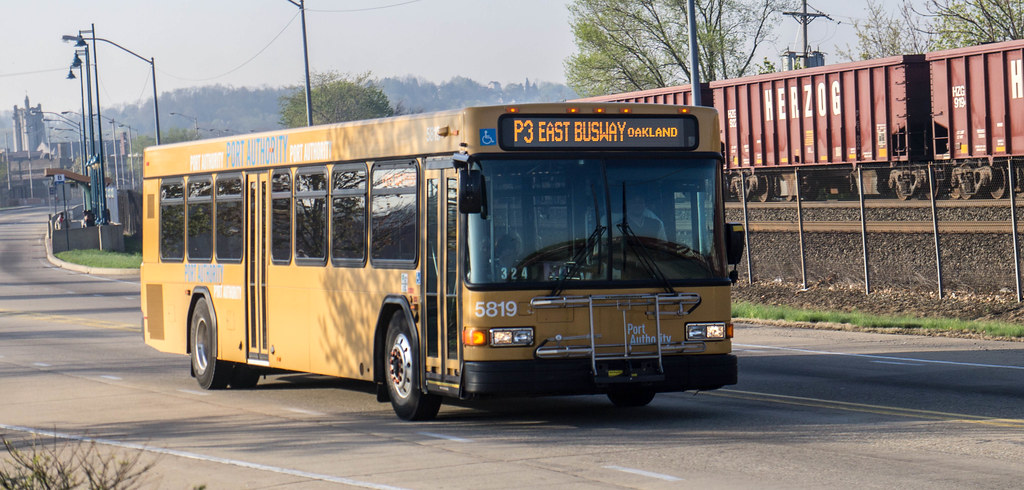Last week, about five percent of students voted in the student government elections. While only 42 students were running for 50 positions, candidates still needed votes to secure their spots in the Undergraduate Student Senate.
Low voter turnout is due to a number of reasons. Kyle Hynes, the Senate president and a third-year student in international politics and strategy and statistics, said that one reason is that the university lacks “a strong civic fabric. Students aren’t generally motivated to vote in elections on their own.”
Hynes said that few students seem to go out of their way to research and then vote for candidates.
Another potential reason for the lack of voter turnout is that there isn’t a lot of competition for elections. “There’s not a lot of motivation to vote if there’s no one running,” Hynes commented. When there’s no competition, students don’t feel like their vote will make any difference, he said.
The lack of competition also means that candidates often don’t submit platform materials which would inform the student body of their plans if elected to Senate. In turn, students like second-year English student Ang Zarrilli don’t feel like they can vote because they don’t know what the candidates stand for. This is a cycle that keeps repeating itself.
Some students don’t understand what the Senate does, which also contributes to low voter turnout. Design fourth-year Sam Rauch is one of these students. She said that she’s “not clear on what power they have and what changes they’ve affected in the past.” Because of this, voting was never something she felt like she should prioritize.
What can be done to improve the student voter turnout?
Hynes suggests that by decreasing the number of seats in the Senate, the competition for the positions will increase, boosting student body interest. Candidates would feel the need to submit platform materials that would educate the interested voters and make them feel like they’re making a more informed decision.
Students also told The Tartan that more Senate advertisements would encourage them to vote more.
Rauch also recommended “a communication strategy about upcoming senate elections and happenings that’s easier to parse than wordy emails.”
Electrical and computer engineering first-year Julie Nikolatos said that they didn’t vote because they “have so much going on that voting in a student election is really the last thing I care about.” Making emails short and easy to read might be a good way to make informed voting more attainable for the busy college student, Nikolatos said.
There are plenty of students who want to improve their experience as a member of the Carnegie Mellon community. Voting in Senate elections can be confusing, which deters students from engaging in the process.






Leave a Reply